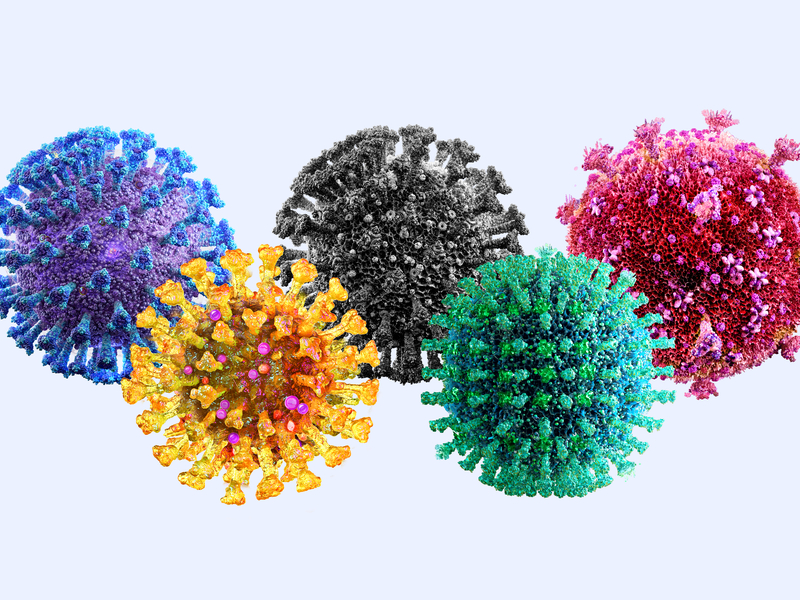If Japan’s Olympic critics were looking for a smoking gun, they may well have found one: it goes by the name of “Lambda.” Brought in by an Olympic official and covered up, it has now been discovered and reignited debates about Tokyo 2020. Snarkily called Covidlympics on social media, people wondered if the Games would become a super spreader event? Which Covid variants, hypothetical or otherwise, would thrive in the Olympic petri dish? And whether or not Tokyo 2020 would contribute to a medical system collapse?
These were the major questions being asked in the run-up to the Olympics and now that we’re on the other side we can try to answer them.
Covid-19 and The Olympic Bubble
The Japanese Government’s rhetoric, which was a mixture of tautology and fancy, parroted mantras like “safe and secure Olympics” or crystal-ball notions like Tokyo 2020 would serve as “proof that the human race has conquered the virus.”
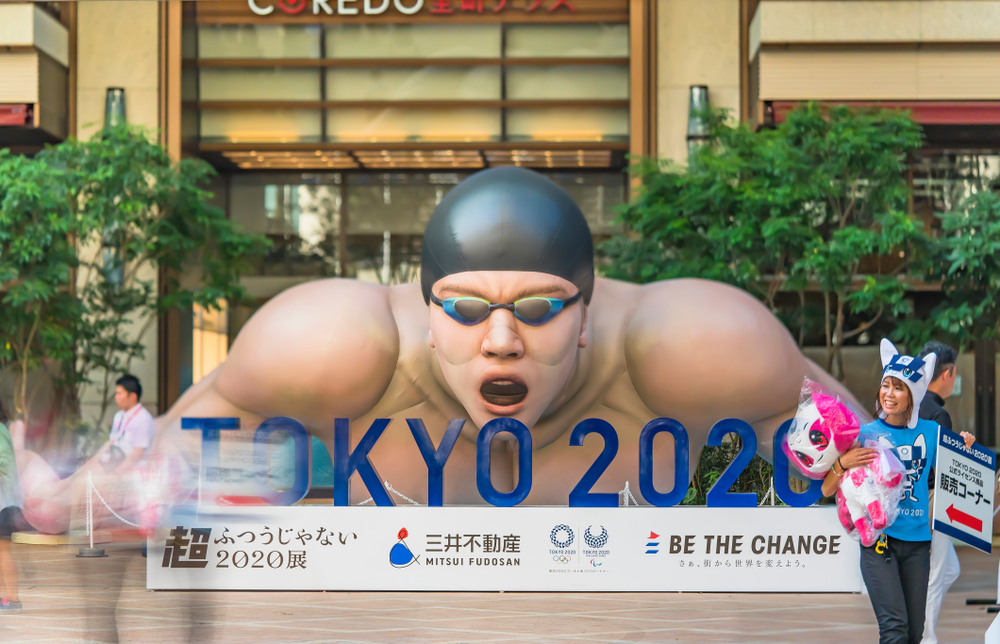
Photo by kuremo / Shutterstock.com
The Olympic bubble was sold as an imaginary viral wall, blocking the entry of people one way and the exit of pathogens the other. How about the volunteers, support staff, bus drivers and doctors working at the arenas daily before heading home each night? Were we supposed to believe the bubble would be extending out with them, acting as forcefields on their busy commutes?
Even if you concede that leap in logic, there were 550 cases recorded in relation to the Olympics. 293 of which were contractors who got infected in much greater numbers during the 17-day sporting showcase. Perhaps as a result of observing the restrictions more diligently, athletes accounted for less than five percent of the total number of cases. At the time of writing, the Paralympics, which hasn’t started yet, already has 74 cases connected to it.
The Leaky Bubble
In reality, the Olympics safety bubble was probably closer to a soap bubble in strength. Videos surfaced of athletes signing autographs, fist-bumping fans and posing for pictures on arrival at Tokyo’s airports. And let’s not forget that IOC president Thomas Bach himself took a walk around Tokyo after the Games ended.
Cartoon pic.twitter.com/kzTyURie8l
— Bill Bramhall (@BillBramhall) July 26, 2021
The seven-day average of Covid-19 cases in Japan has more than quadrupled to 18,000 since the Games first launched – a record-breaking number that is still steadily on the ascent. Meanwhile, the government is refusing to make a connection between the Olympic party and the viral explosion. Never mind the 500-plus Olympics-related Covid-19 cases discovered throughout the Games and public messaging that was as scrambled as a dollar shop walkie-talkie signal.
Covid-19 Testing in Japan: Before and After Tokyo 2020
According to research from Keizai University, official PCR test numbers also increased during the Olympics with Tokyo hitting a summer high of 17,765 tests on August 8. Numbers have declined since, but testing data reveals a much more erratic curve than the neat bells of Covid-19 making extrapolations more difficult.
That said, officials revealed there was in fact a shortage of PCR kits at the Olympic Village at the beginning of the Games meaning some athletes couldn’t undergo their daily Covid-19 test. Beyond the bubble, it’s now becoming harder to find out if you’ve caught the virus. Many testing centers are fully booked up, while Japan’s bizarre rules are stifling some people’s access.
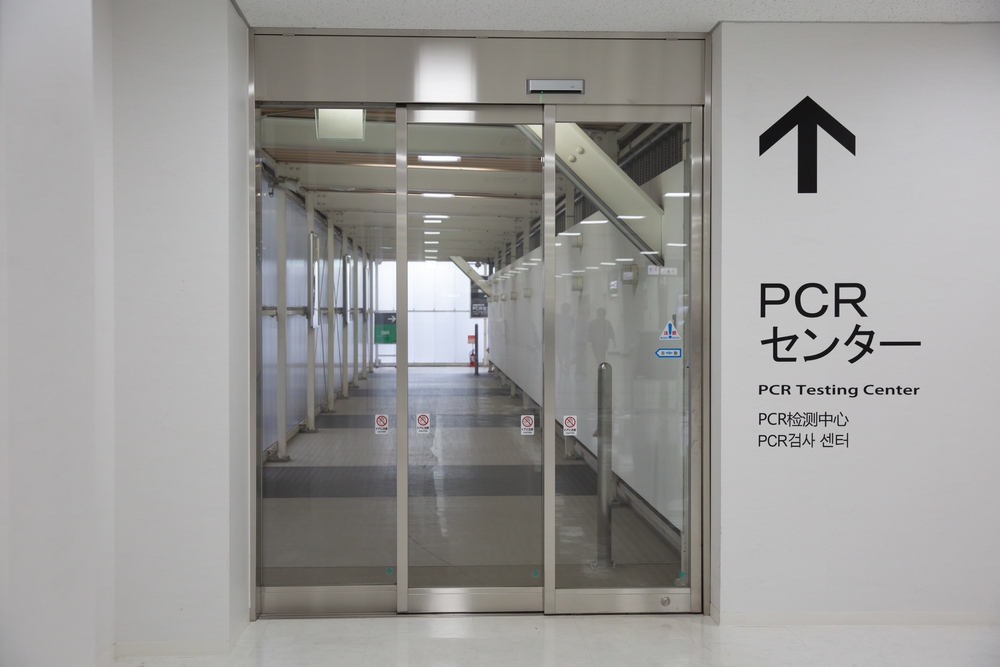
Photo by Sayuri Inoue / Shutterstock.com
In order to qualify for a free test, one needs to show severe symptoms or have had continued close contact with someone else who tested positive. The alternative is paying up to ¥33,000 for the privilege or buying online kits, which vary in price and quality and can take several days for results to arrive.
In early August, Japan’s top medical advisor Shigeru Omi hinted at expanding testing capacity at workplaces and schools and across municipalities. How to subsidize tests also needs to be involved in these discussions, especially with lower income groups like university students and young professionals in their 20s accounting for a significant proportion of new infections.
The Arrival of a New Strain
One of the newest additions to the growing fraternity of Covid-19 variants, Lambda appears more infectious than earlier strains of the coronavirus. It’s mutating across the globe and it may have some degree of resistance towards vaccines. Now it has officially arrived in Japan.
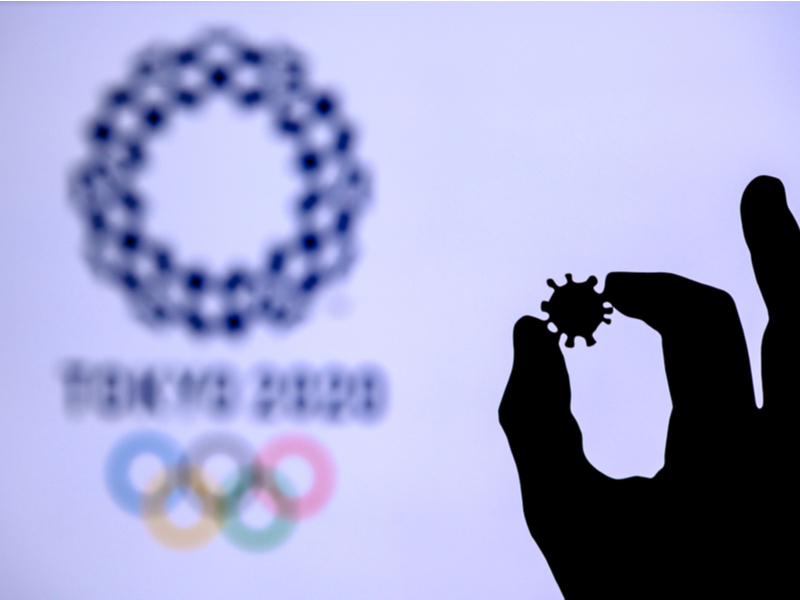
Photo by kovop58 / Shutterstock.com
The facts surrounding Lambda’s arrival are damning. We know a strain of Lambda was discovered prior to the Olympics at a quarantine checkpoint. We also know it was brought in by a visitor from Peru with Olympic accreditation. The Lambda case was discovered on July 23 (the day of the Olympics opening ceremony) before the information was eventually released to the public on August 6. With the WHO indicating Lambda as “a variant of interest,” Japan not revealing that it had arrived via a person involved with the Games is in direct conflict with the government’s claim that it would not place Tokyo 2020 over public health security.
BREAKING NEWS
The COVID19 variant Lambda arrived in Japan with an Olympic participant on July 20, three days before the gamesThe Health Ministry then failed to properly track those in close contact with the carrier
Lambda may be here to stay
— Jake Adelstein/中本哲史 (@jakeadelstein) August 18, 2021
Meanwhile, Delta is now the most prevalent variant of Covid-19, accounting for up to 90 percent of the recent cases in the Tokyo metropolitan area. Delta’s R0 – the number of people an infected person is expected to infect – is eight. That puts it in incredibly rarefied air in the world of infectious diseases; up there with chickenpox and measles. Delta was first discovered in India in December, but is now the prominent strain in at least a dozen countries including Japan.
Vaccination in Japan Before and After Olympics
Much of the concern pre-Olympics noted the relatively low percentage of fully vaccinated people in Japan’s population. The Byzantine bureaucratic controls and government mismanagement meant Japan started its vaccine push later than its international peers. However, the mid-May turnaround has continued in fine fettle with official vaccination figures remaining high across the country.
Japan’s progress in vaccinating its population comes as the government scrambles to contain a nationwide surge in COVID-19 cases. https://t.co/oDiHnmjfu8
— The Japan Times (@japantimes) August 18, 2021
More than 40 percent of the population is now fully vaccinated with between 500,000 and one million people getting a shot daily. Prime Minister Suga also maintains everyone who wants a shot will have had one by the end of the year. Furthermore, with booster shots to protect against new variants becoming a hot topic in developed countries, Japan has reportedly procured 120 million more doses from Pfizer and 50 million from Moderna for 2022. It’s also in negotiations for 150 million “backup” doses from Novavax.
The Shadow of Tokyo 2020
While it’s in the past, the Tokyo 2020 Covid-related legacy will loom shadow-like over the country for many months to come. It could be the Lambda variant origin story or a new mutation yet to be discovered but linked to the event. Even if the bubble hadn’t been broken, the Games going forward scrambled all public health signaling. The only thing we know for sure at the moment is that Covid-19 cases in Japan skyrocketed during and after the Olympics. And the IOC and the government were too confident in saying Tokyo 2020 would serve as “proof that the human race has conquered the virus.” Current status: virus not conquered.
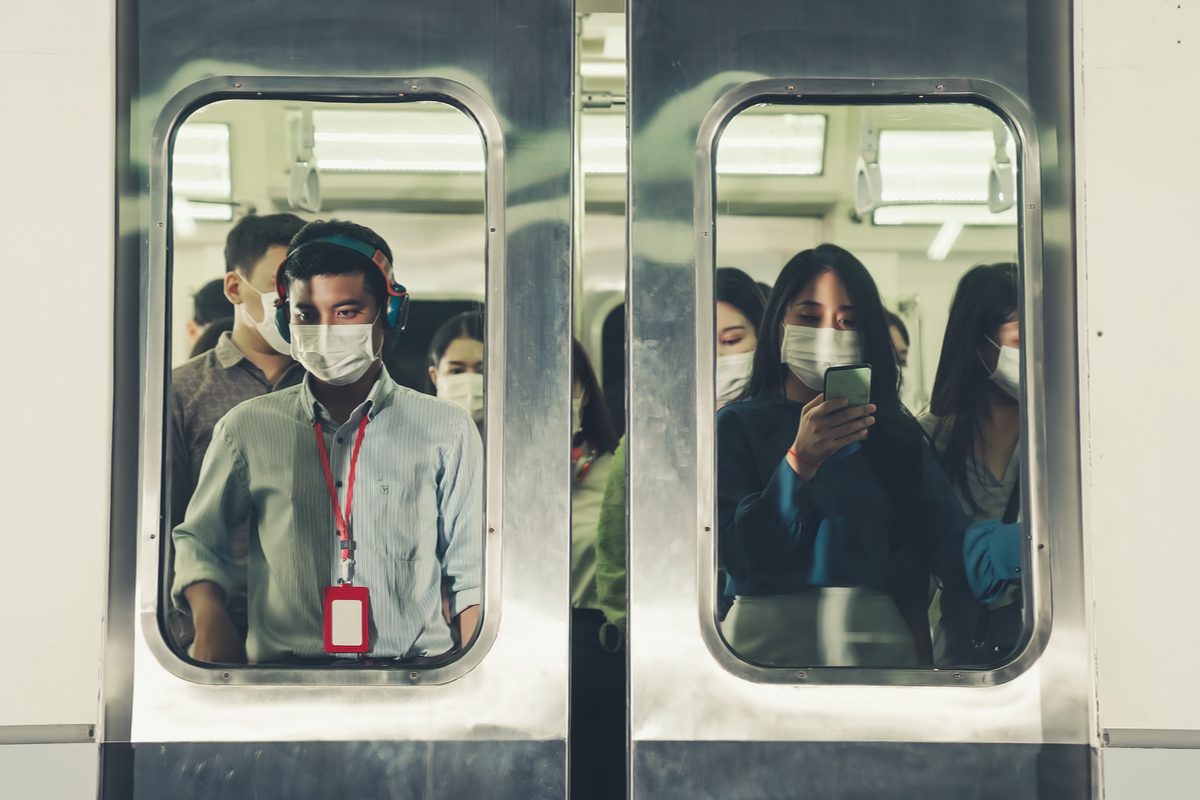
Featured image from Shutterstock by Corona Borealis Studio

